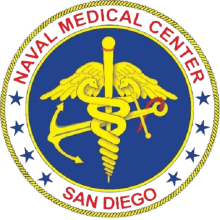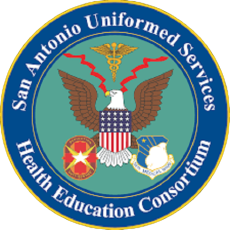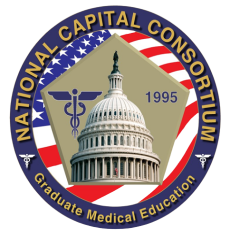ANESTHESIOLOGY RESIDENCY
In order to become board eligible in anesthesiology, physicians must complete an internship (1 year), in addition to 3 years of residency, for a total of 4 years of training after medical school. An increasing number of programs combine internship and residency into a single four year program; though some individuals will complete a separate internship in internal medicine, surgery, OB/Gyn, or a transitional year internship, prior to beginning a dedicated anesthesiology residency. Though the details will vary by training site, all residency programs include training in basic and advanced anesthesiology as well as critical care training and dedicated time for regional anesthesia, chronic pain, obstetric, pediatric, trauma, neuro, and cardiothoracic anesthesia. Many programs include elective rotations as well for residents to focus on areas that interest them. Following completion of residency, anesthesiologists become eligible to take the written and oral board examinations.
MILITARY RESIDENCY SITES
The anesthesiology military residency programs have the same ACGME requirements as civilian programs. All of the programs offer similar rotations with only slight variations; the programs are on the same team with the same mission-- to create strong, competent military anesthesiologists. To learn more about the residency sites and their programs, please click the program icons below:
USU Anesthesiology Residency Honors and Awards
USU ANE Teaching Fellow
The individual residency programs have the opportunity to recognize PGY4/CA3 level or above residents who make regular and positive contributions to medical student educations with a"Teaching Fellow" title. Teaching fellow is an honor recognized by many programs, and teaching fellows maintain their title until residency graduation, at which point they can apply for an assistant professor appointment. Programs are requested to send their Teaching Fellow nominations annually to the ANE Department.
Outstanding USU Teaching Residents
The Anesthesiology residents play an essential role in teaching the medical students on rotation at their sites. Each residency site has the opportunity to recognize a resident who had an impact on medical student education (as evidenced through clerkship evaluations, curriculum development, presentations, and Program Director recommendations). Awardees are decided on by the ANE Education Committee, the site Directors, and the Residency Program Directors, and are are announced at the individual residency program end-of-year award ceremonies.
2024 Recipients: LCDR Tom Sublett (NMCP), LT Ryan Scott (NMCSD), CPT Lawrence Gray II (SAUSHEC), Brianna Johnson (WRNMMC)




